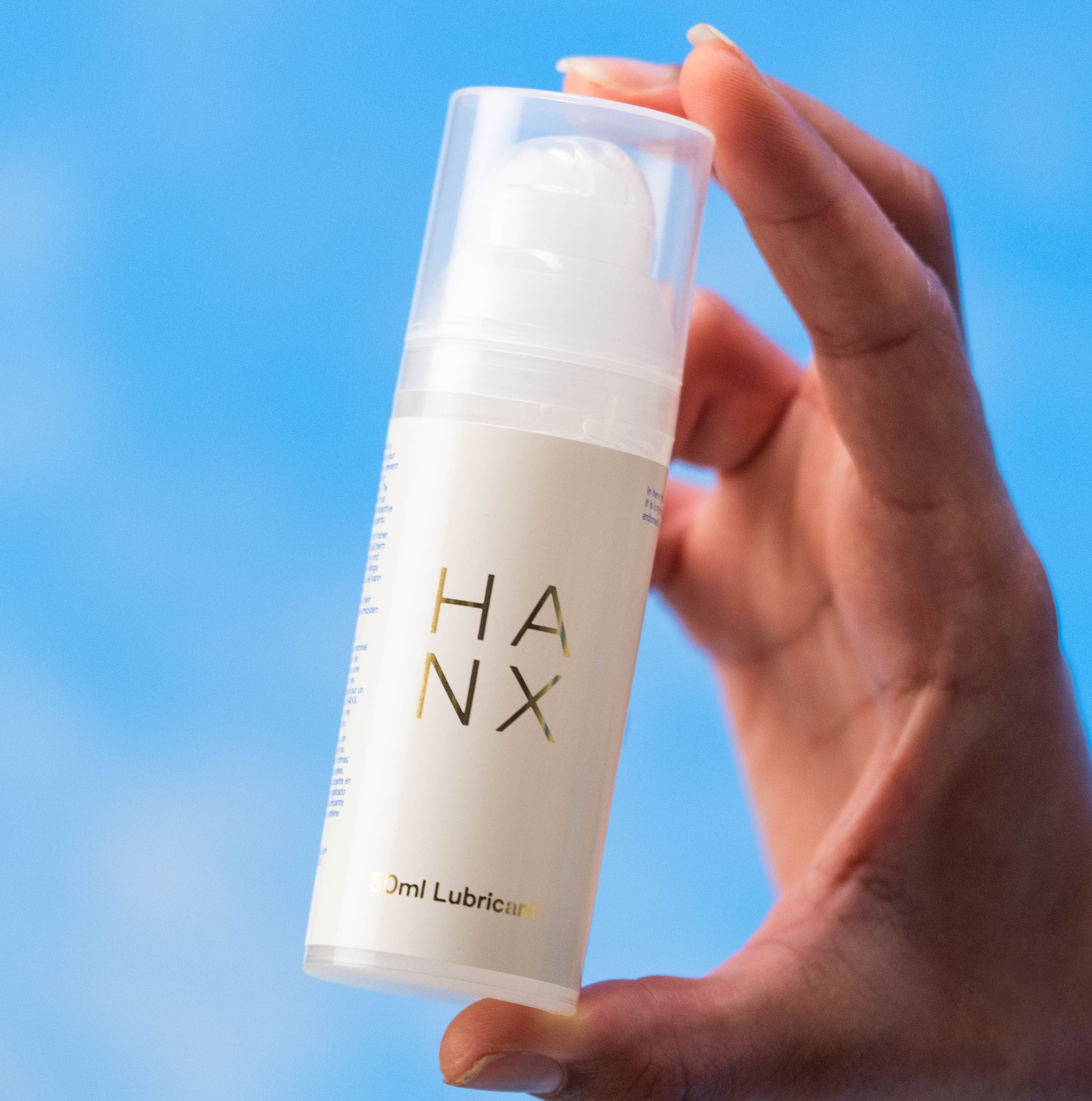What You Need To Know About Cervical Cancer
This Cervical Cancer Awareness Week, it's time to talk openly about this preventable condition. From knowing your body's normal, getting vaccinated for HPV and how to start the conversation with your friends and family, here is our in-house medical experts' need-to-know guide to cervical cancer.
What is cervical cancer and how common is it?
Cervical cancer is a type of cancer that develops in the cervix (the entrance to the womb from the vagina).
Cervical cancer is the fourth most common cancer in women and those with a cervix. In 2018, an estimated 570,000 people were diagnosed with cervical cancer worldwide and about 311,000 died from the disease. Around 3,000 cases of cervical cancer are diagnosed in the UK each year. It's possible for people with a cervix of all ages to develop cervical cancer, but the condition mainly affects those who are sexually active, aged between 30 and 45.
The statistics are pretty sobering: cancer of the cervix takes two lives every day. What we do know is that smear tests save lives. In fact, 3/4 of those diagnosed with cancer could be prevented through regular cervical screening. This is a preventable disease - so it's vital we reduce stigma and encourage greater uptake of screening.
So, what can we do to reduce our risk?
-
First and foremost: Attend your cervical screening when invited.
About 3,100 cases of cervical cancer are diagnosed in the UK each year, with practically all of them being due to HPV. When you get a letter from your doctor inviting you to book your test, it's vital to make sure you follow up. The screening process aims to pick up early cell changes caused by HPV, known as the pre-cancerous stage, and to remove these cells before they become cancerous. Hence, screening can prevent cervical cancer from developing in the first place.
-
Know the symptoms of cervical cancer and seek medical advice if you experience any of them.
Symptoms can include:
- irregular menstrual bleeding
- bleeding between periods
- bleeding after sex
- increased vaginal discharge
- pain during sex
- bleeding after the menopause
These symptoms don't exclusively mean cervical cancer, and they are present in many different diseases, too. However, if you do experience any of the above, you should seek medical advice so they can complete a thorough history and examination. Knowing your normal is so important: if anything feels unusual or out-of-the-ordinary for your body, see a professional to get checked.
-
Having the HPV vaccination at age 11-18.
The human papillomavirus (HPV) is the name given to a very common group of viruses. There are many types of HPV, some of which are called "high risk" because they're linked to the development of cancers, including cervical cancer. Other types can cause conditions such as warts or verrucas. Nearly all cervical cancers are caused by infection with a high-risk type of HPV. HPV infections don't usually cause any symptoms, and most people won't know they're infected - which is why it's so important to get your cervical smear. In England, girls aged 12-13 years are routinely offered the first HPV vaccination, with the second dose 6-12 months after the first. The HPV vaccine is effective at stopping girls getting the types of HPV that cause most cervical cancers.
Wondering if you can get HPV vaccination as an adult? The NHS recommends that alongside children aged 12-13, certain people who are more at risk of HPV get vaccinated including:
- men under 45 who have sex with men (eligible up to the of 45)
- any transgender people who are felt to have the same risk as men who have sex with men
- sex workers
- people with HIV
If these conditions don't apply to you but you feel you'd like to be vaccinated, have a chat with your GP or healthcare provider and they can help with your concerns.
-
Talk to your friends and family.
A huge part of reducing yours and others’ risk of cervical cancer is by improving the education around it, and ensuring those people close to you are well informed. Talk to your friends and family, discuss cervical cancer, smear tests and educate each other. Challenge the negative narrative by focusing on the importance of the outcome. Intimate health can be a taboo topic to bring up even with your BFFs, but it's never been easier with the flurry of content demystifying the process. Here are a few ways to get the ball rolling:
- DM your group chat one of the Eve Appeal's reassuring IG Reels with Dr Sesay. It takes one second and cuts out any in-real-life awkwardness.
- Gift them a Lady Garden Foundation tote bag as a conversation starter: "This tote actually raises funds for gynaecological cancers! So, speaking of Lady Gardens... have you had a cervical screening lately?"
- Lean on celebrities' experiences of smear tests to open up the chat. Chrissy Teigen has posted on Instagram about the importance of getting a cervical screening, whilst in the UK, Scarlett Moffat and Binky Felstead have spoken out about abnormal results, too. It makes a potentially scary topic more relatable if you can mention a big name who has openly discussed their experiences.
Want more?
- Find out more about HPV and its link to cervical cancer.
- HANX's in-house gynae doctor reveals the eight things you don't need to worry about before a cervical screening. Prep here.






















